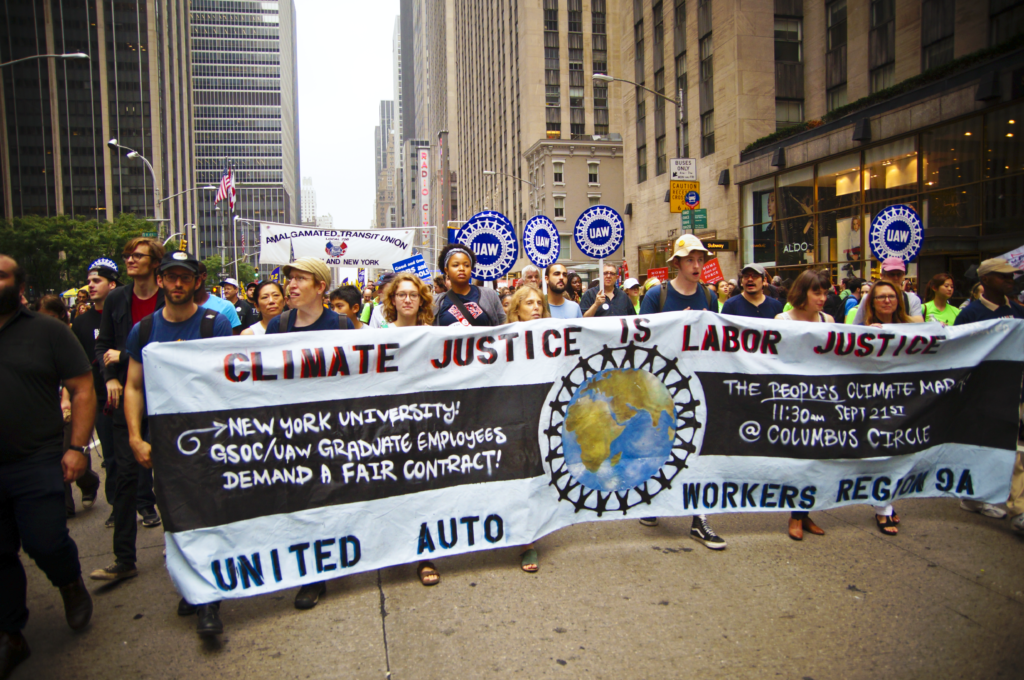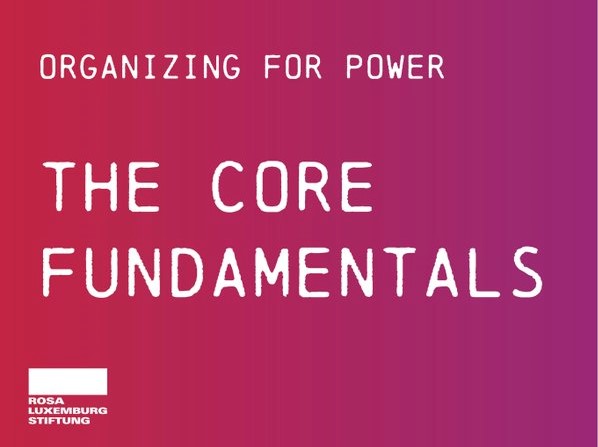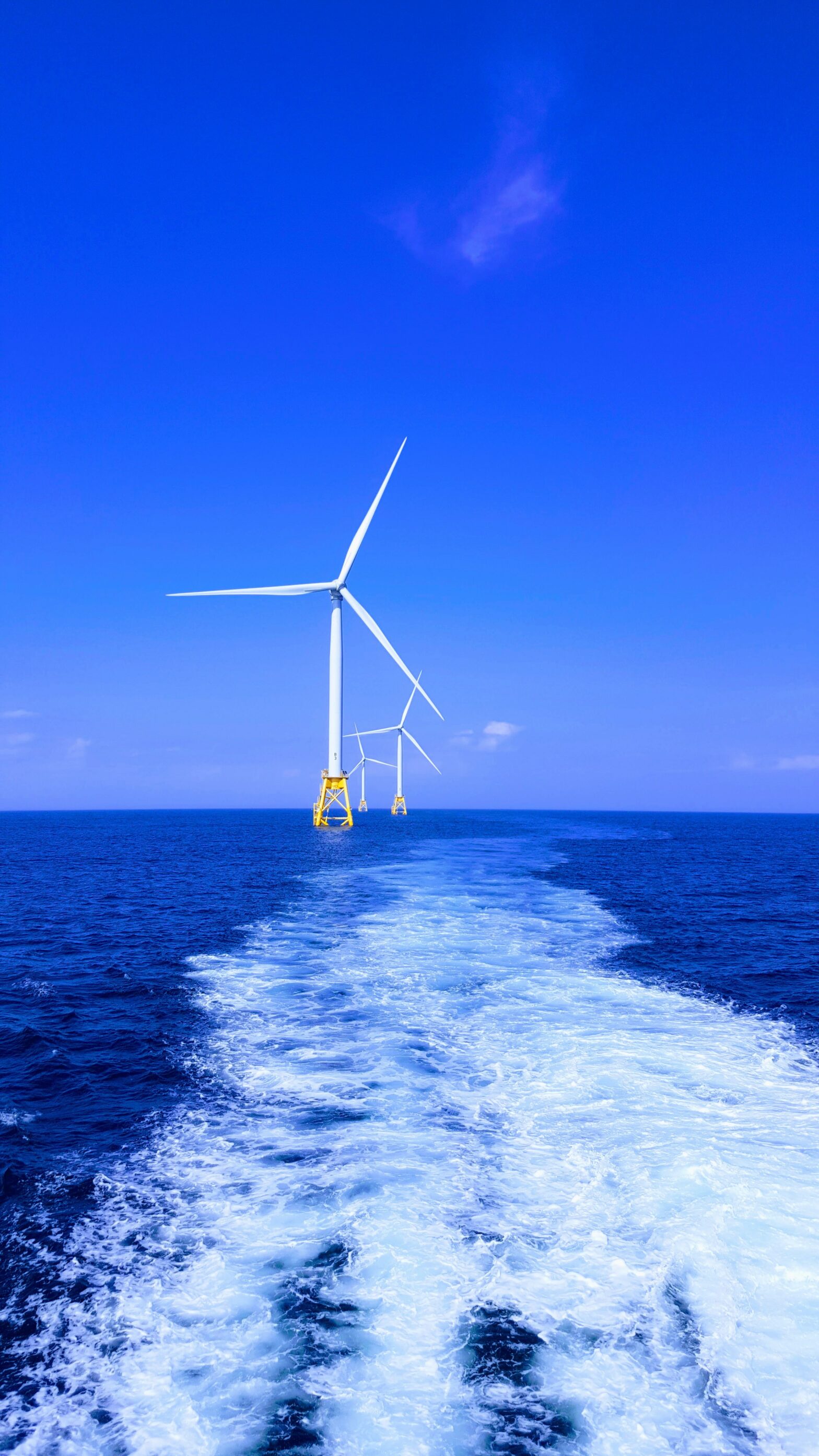Share Twitter Facebook Email Copy URL
Just transition: when justice reigns, and workers & affected communities are part of the solution
The impacts of the climate crisis are getting worse each day. While the World Meteorological Organization (WMO) emphasized in their report about the Global Climate in 2015-2019 that the last five years were the warmest on record, along with significant sea-level rise and record CO2 emissions levels, many countries are still debating whether or not they should phase out of fossils.
The understanding of ‘what is just’ within a transition towards a fossil-free world changes depending on where it is used. Whereas some claim it is for a “Jobs first” narrative (usually referring to jobs in the global north), more progressive unions and unionists (like TUED, WEDO, and LNS) and environmental justice movements use it in order to phase out of fossil-fuel industries that are harming the environment, workers, and communities. For them there is no dichotomy between labor and the environment, this world prescribed by “just transition” is one where justice reigns, and workers and affected communities are part of the solution.

It’s not workers who are the enemy
The general gist is this: our extraction-based fossil fuel economy is killing our planet and it’s not workers who are the enemy. Just as corporations have extracted fossil fuels from the earth at such a reckless pace to power our consumption-based economy, they have also extracted labor, community, and livelihoods from these workers. This means that the working class must be centered in the transition and that workers are not penalized for trying to make a living in increasingly precarious times. The US based Climate Justice Alliance states, “Just Transition is a … unifying … set of principles, processes, and practices that build economic and political power to shift from an extractive economy to a regenerative economy… The transition itself must be just and equitable… If the process of transition is not just, the outcome will never be.”
We know that as long as corporations can profit off of it, they are comfortable with the sixth mass extinction and climate catastrophe. The numbers are staggering, 100 corporations are responsible for 71% of the world’s emissions and just 20 corporations are responsible for a third of all the world emissions. Unfortunately, these corporations are also some of the richest and most powerful in the world. Therefore, for any chance at mitigating the worst effects of climate chaos, it is essential that unions play a critical role. Unions have historically promoted interracial and cross-class solidarity taking on societies largest challenges like civil rights and global justice. With the greatest existential threat facing the world organized labor must step up if we are to have any shot at combatting the crisis.
Unfortunately, unions like our planet continue to be under attack. In 1985, average trade union membership in OECD countries was 30% and today, that has fallen to just 16%. This drop has occurred as the neoliberal privatization efforts have taken hold globally. The stagnating wages and concentration of wealth that accompanied this period gave unions and unionists real and valid fears of any transitions. It created distrust of anyone saying people will have to get a new job and change industries. Therefore, now more than ever, a just transition should penalize the corporations that fueled further extraction pushing past limits on our finite planet, not the workers who lacked agency in this destruction.
Envisioning a new world
As narratives around just transition vary on different political levels e.g. a focus on job-security or green jobs on international level, the more progressive ideas and concepts are often found on local level. The possibility to make it fit to the local context makes it more feasible to implement just solutions for a transition towards a regenerative economy. These local solutions might have different shapes – and not all are just, some even increase inequality, but those that include justice across class, gender, race, ethnicity, age, sexual orientation and other sectors follow similar principles, like human rights, self-determination and decent work. They could have the power to reduce existing inequalities through conscious effort, careful planning and multi-stakeholder engagement.
Since just transition is about envisioning a new world, we can leave behind many of the hierarchies that plague our current world. We can bring about not only a renewable energy transformation, but a socio-ecological transformation that decarbonizes, democratizes, decommodifies, and decolonizes our world. This is the point where it must be articulated that a just transition must occur for the global north first while providing solidarity as well as technology and financial transfers to the global south. There is a debt which exists based on industrial countries exploiting the resources of the global south, either in form of poor labor conditions, communities facing impacts of climate change or natural resources that must be paid off!
The low-carbon industries of the post-just transition world will prioritize low carbon work. This labor has traditionally been viewed as feminized care work in our patriarchal society. This includes sectors like healthcare, teaching, and domestic work. In the transition to a low-carbon future we will build a more caring society.
In order to reach that world, unions have to play a pivotal role because they can work multigenerationally across race, class, and gender breakdowns. In this transition the access to bring new people in at all levels is crucial. Our future will be won by a coalition built between workers, frontline communities, housing, environmental and other social justice movements, -civil society organizations and activists. We have a world to win, so we must have unions and affected communities at the table in our quest for an inclusive just transition to build that world.
Focusing solely on providing green jobs as alternatives does not adequately embody a just transition, as communities can be affected by diverse mitigation policies. Multi-stakeholder engagement and equitable access to the political process, across all countries, are essential to ensure workers’ and human rights. In developed countries, financial resources, trainings, and equitable access to the political process need to be equally as prioritized as a transition to low carbon economy. For developing countries, climate and development policies should be balanced with justice, particularly concerning energy access and renewable energy production jobs which disproportionately negatively impact the most vulnerable citizens.
Katja Voigt is Head of Division International Politics and North America / Climate Policy Officer at Rosa-Luxemburg-Stiftung Berlin and Aaron Eisenberg is Project Manager North America/United Nations at the Rosa-Luxemburg-Stiftung New York office.



